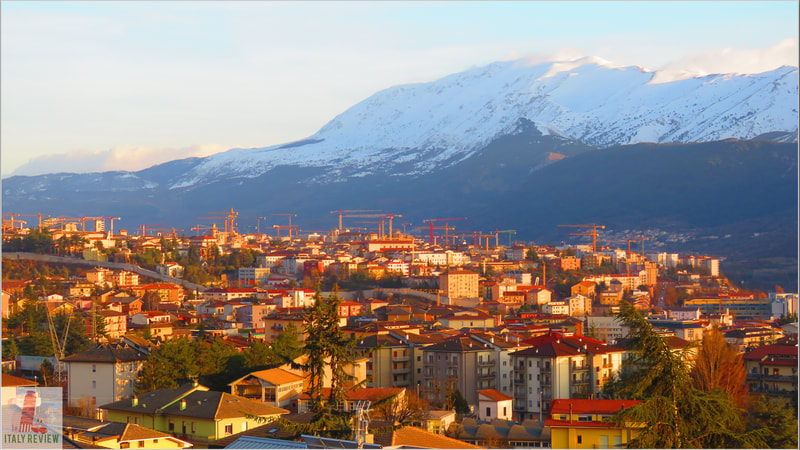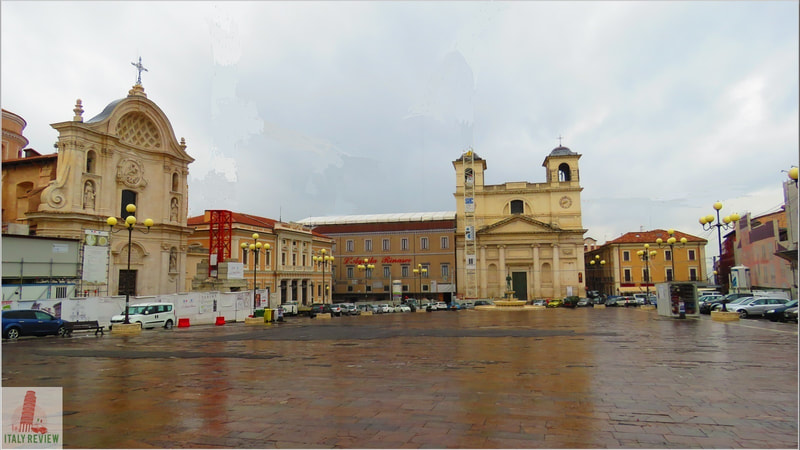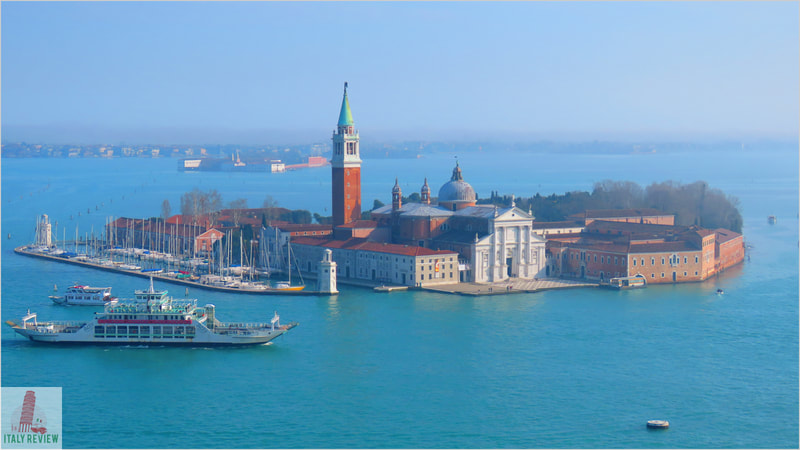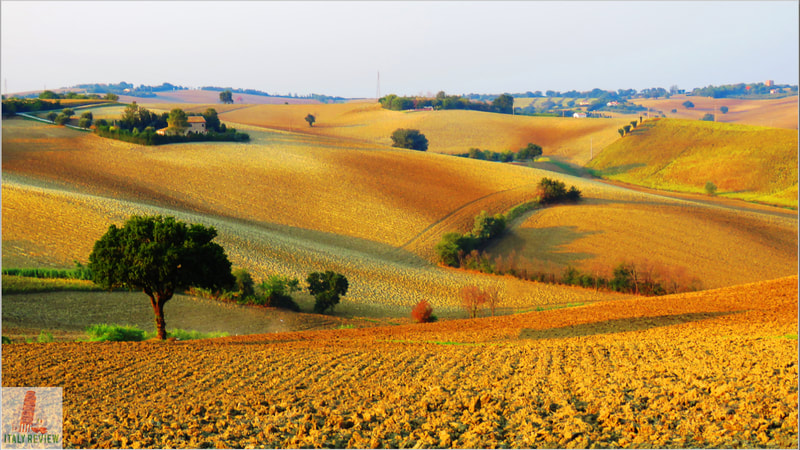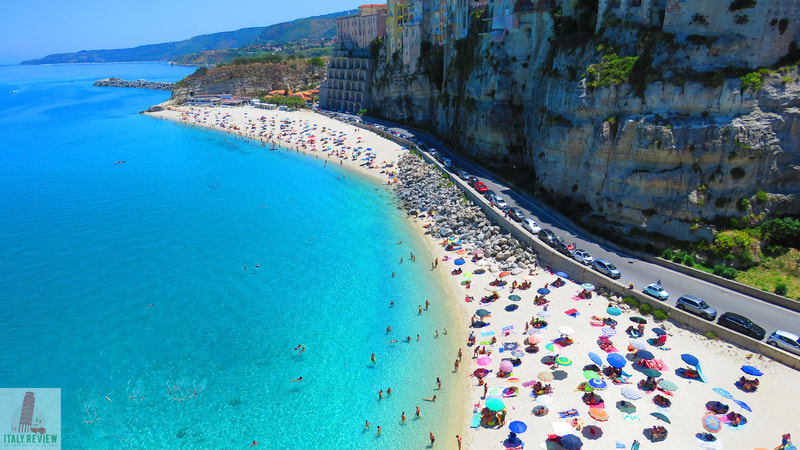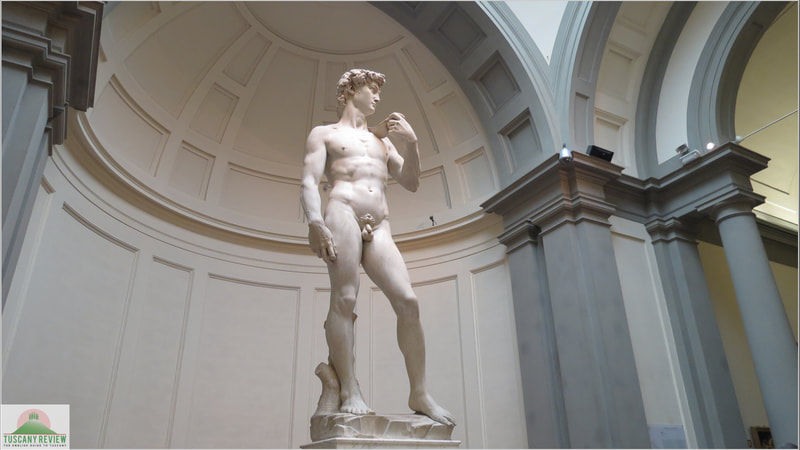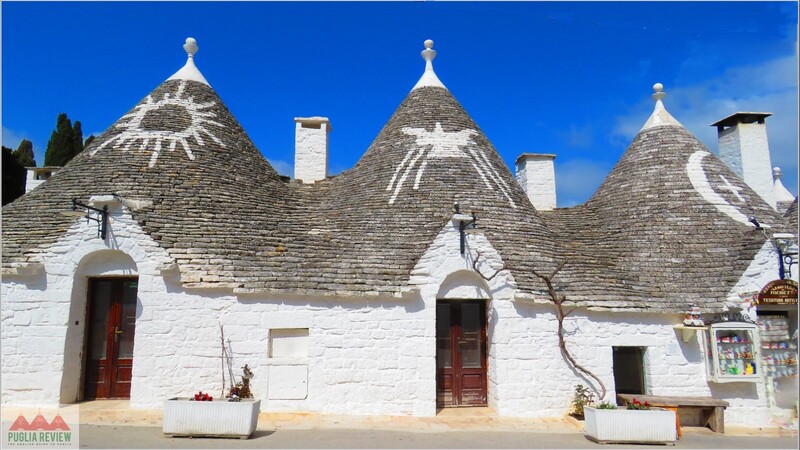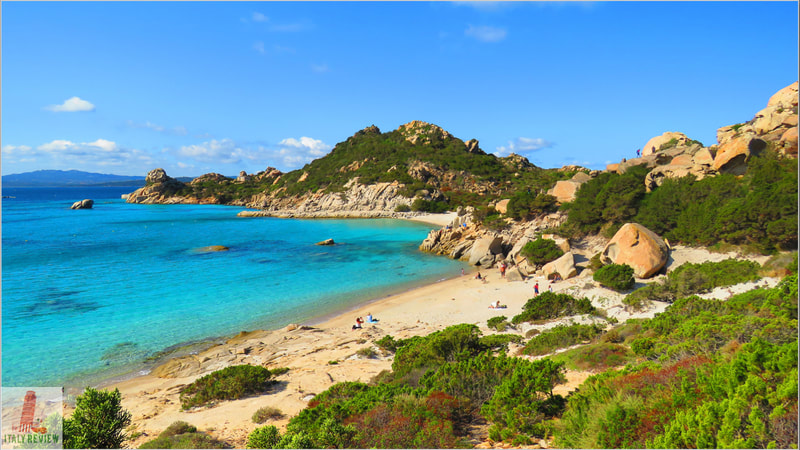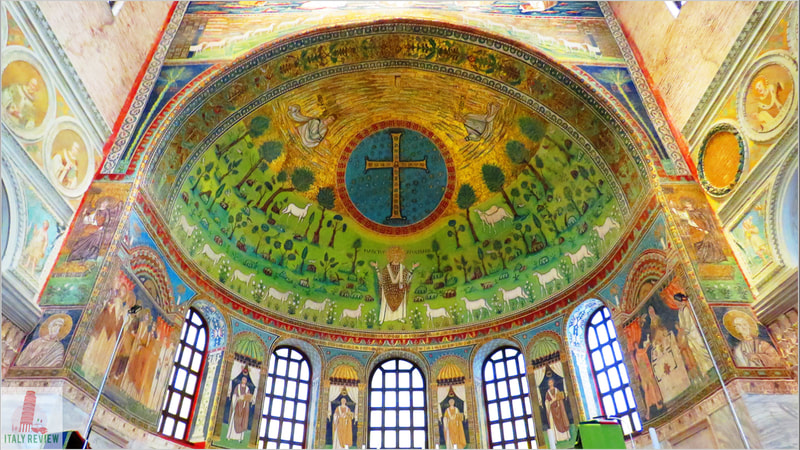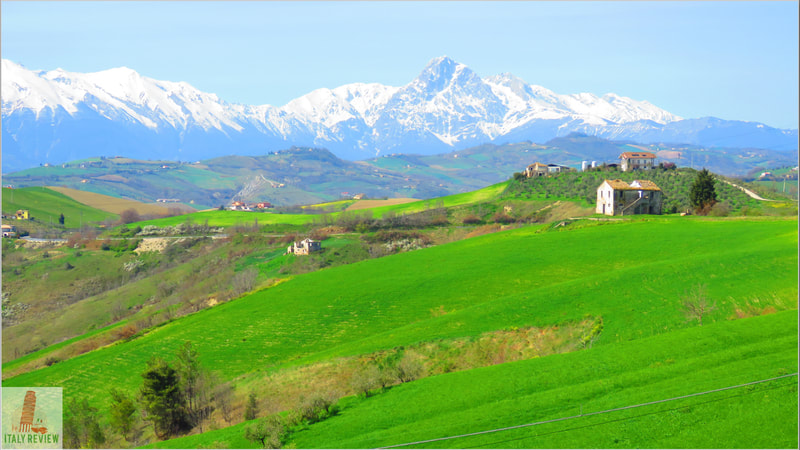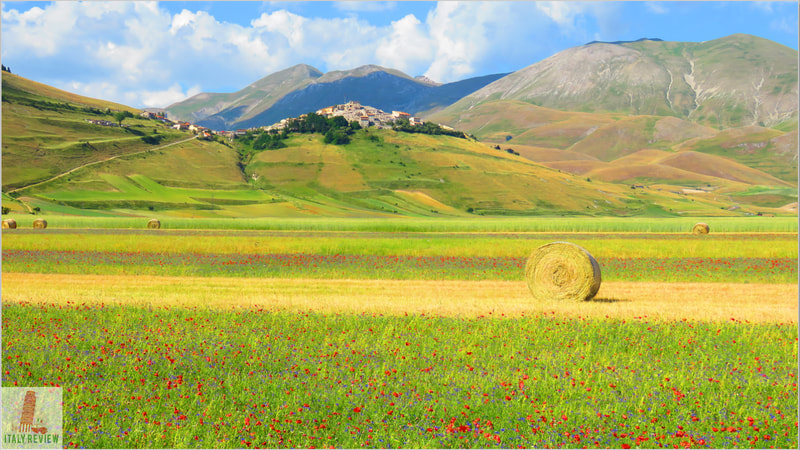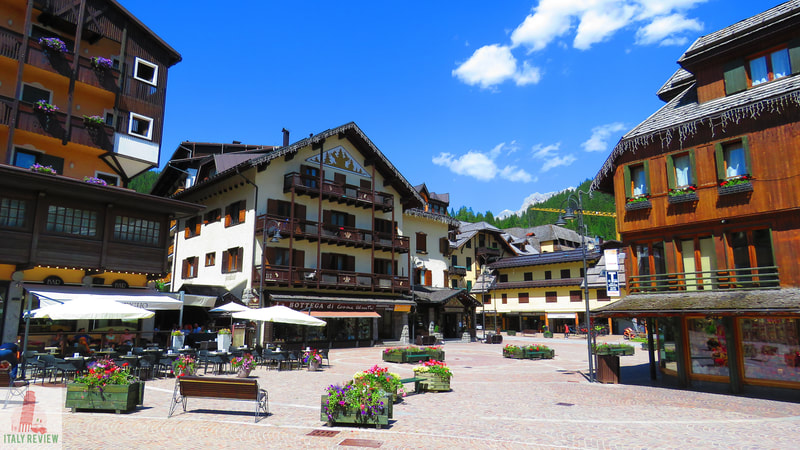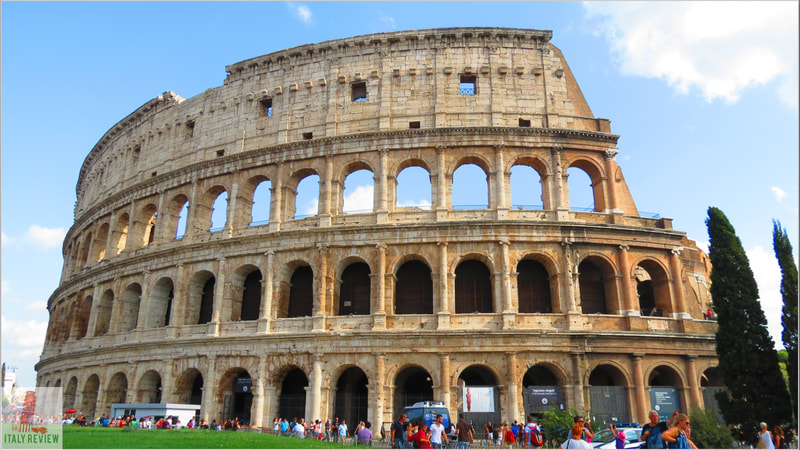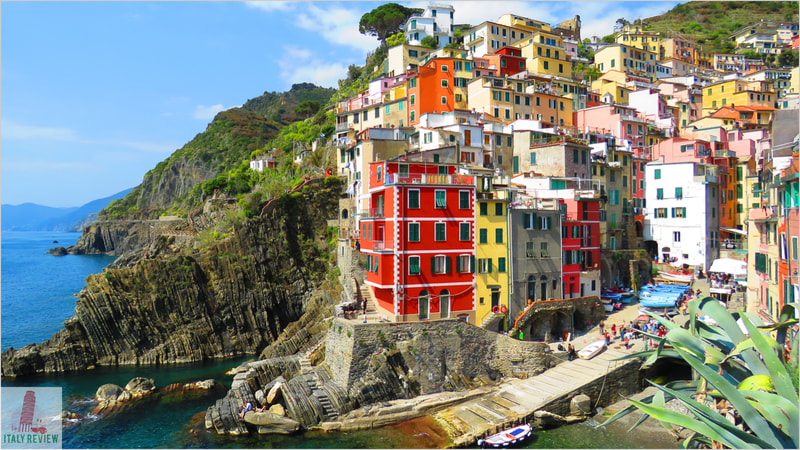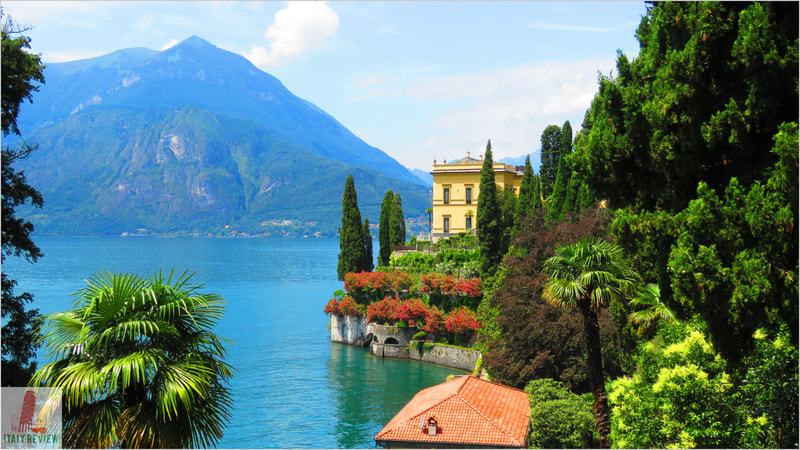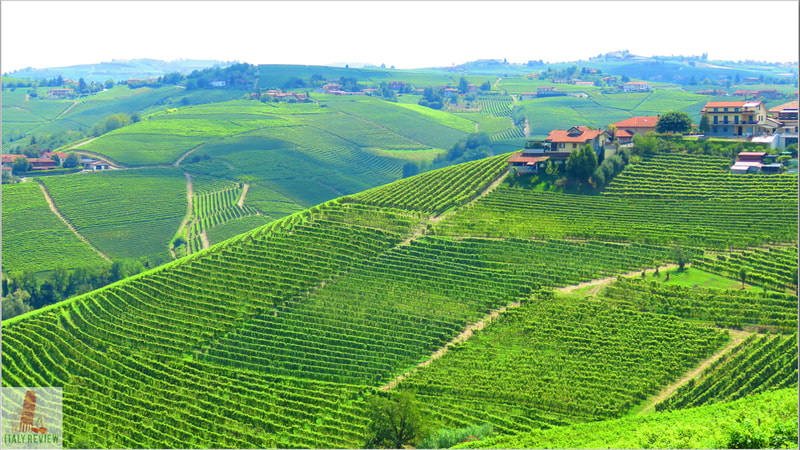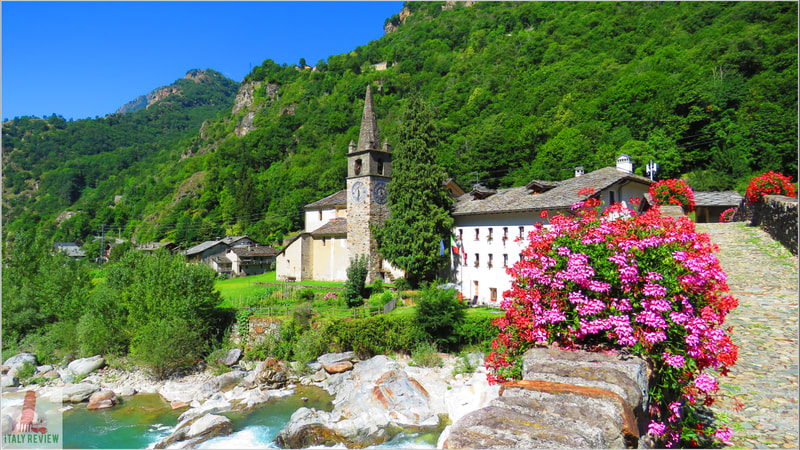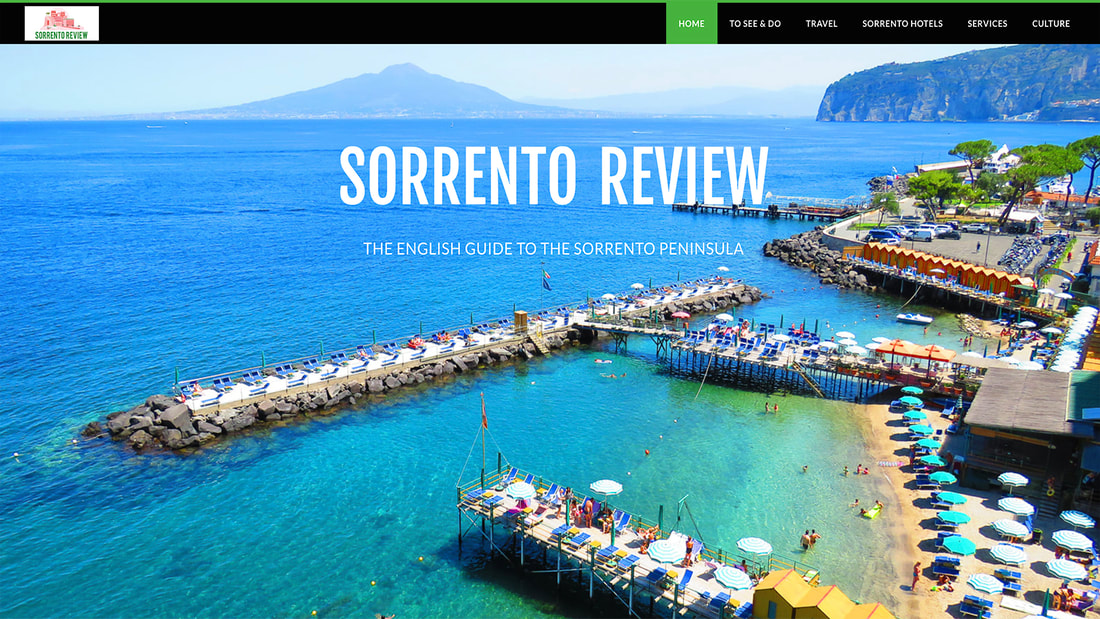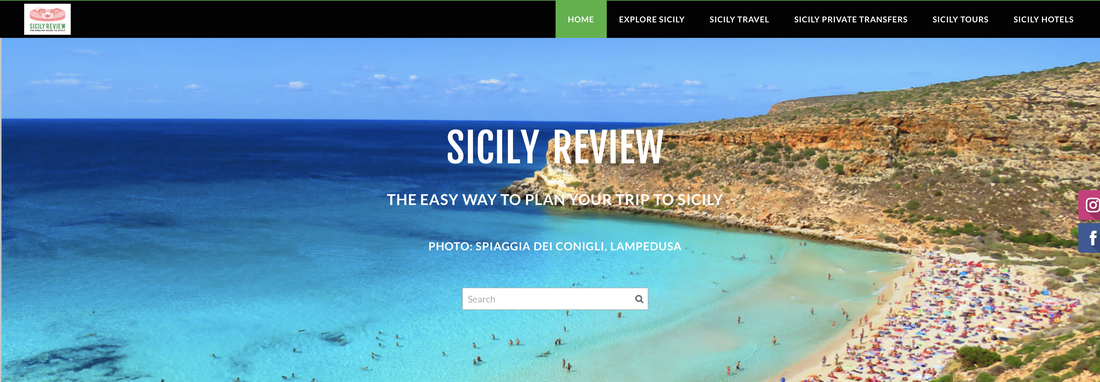L'Aquila
|
By Dion Protani
|
Latest update: 26 November 2023
|
|
Any introduction to the capital city of Abruzzo, L'Aquila is incomplete without mention of the huge earthquake it suffered on 6th April 2009.
The earthquake, measuring 5.8 on the Richter scale destroyed much of the city centre which at the time of writing (2019), still resembles a building site. |
Related links
Sightseeing L'Aquila
The landscape is one of cranes and construction as the city attempts to recover from its devastation. Progress is slow but gradually there are signs of recovery with the city's main Cathedral now open and one of the principal attractions pre-earthquake, the Fontana delle 99 Cannelle largely unscathed by the disaster.
The number 99 in the name of the fountain is very relevant. When the city was founded in the 13th century, legend has it that Frederick II, Emperor of the Holy Roman Empire, created the city from 99 surrounding villages. The fountain is partly named to represent those villages but furthermore, upon foundation of the city, each of those villages had its own area in the city complete with a church and a piazza.
The careful work that continues in l'Aquila is to be admired and is aimed at creating a brighter future for this important city. We all hope that with time, l'Aquila can be restored to its former glories and can once again show off its history to new visitors.
The number 99 in the name of the fountain is very relevant. When the city was founded in the 13th century, legend has it that Frederick II, Emperor of the Holy Roman Empire, created the city from 99 surrounding villages. The fountain is partly named to represent those villages but furthermore, upon foundation of the city, each of those villages had its own area in the city complete with a church and a piazza.
The careful work that continues in l'Aquila is to be admired and is aimed at creating a brighter future for this important city. We all hope that with time, l'Aquila can be restored to its former glories and can once again show off its history to new visitors.
Profile
L'Aquila, the capital city of the province of the same name, is a charming town nestled in the Abruzzo region of central Italy. Steeped in history and surrounded by picturesque mountains, L'Aquila offers a mix of cultural heritage, architectural beauty, and natural wonders.
History
L'Aquila's history dates back to ancient times, but the town truly flourished during the Middle Ages when it was founded in 1254 by the Holy Roman Emperor Frederick II. The city's name, "L'Aquila," means "The Eagle," and it reflects the emblem of the emperor's royal house. L'Aquila was strategically located on the trade route between Rome and the Adriatic Sea, which contributed to its growth and prosperity.
Over the centuries, the town witnessed periods of prosperity and challenges, including earthquakes and invasions. Notably, the devastating earthquake of 2009 caused significant damage to L'Aquila's historical center, leading to extensive reconstruction efforts to restore its landmarks and cultural heritage.
Over the centuries, the town witnessed periods of prosperity and challenges, including earthquakes and invasions. Notably, the devastating earthquake of 2009 caused significant damage to L'Aquila's historical center, leading to extensive reconstruction efforts to restore its landmarks and cultural heritage.
Highlights and nearby attractions
- Piazza del Duomo: The heart of L'Aquila, Piazza del Duomo, is surrounded by impressive buildings like the Cathedral of San Massimo, the Bishop's Palace, and the Fontana delle 99 Cannelle (Fountain of the 99 Spouts). The piazza serves as a central meeting place and is a great starting point for exploring the city.
- Basilica di Santa Maria di Collemaggio: This splendid church is one of L'Aquila's most important religious landmarks. It was built in the 13th century and is known for its beautiful rose window and the tomb of Pope Celestine V, who was crowned in the basilica in 1294.
- Forte Spagnolo: This Spanish fortress, also known as the Castello Cinquecentesco, is an imposing military structure that offers panoramic views of the city and surrounding mountains.
- Museums: L'Aquila has several museums that showcase its art, history, and culture. The Museo Nazionale d'Abruzzo and the Museo delle Arti Decorative "Aurelio de Felice" are worth a visit.
- Gran Sasso National Park: Located near L'Aquila, the Gran Sasso National Park offers opportunities for hiking, skiing, and admiring the natural beauty of the Apennine Mountains.
- Local Cuisine: L'Aquila is known for its delicious cuisine, featuring regional specialties like arrosticini, pasta dishes, and desserts like torrone (nougat) and confetti (sugar-coated almonds).
- Religious Processions and Festivals: L'Aquila hosts various religious processions and festivals, such as the Feast of San Bernardino in May and the Festa della Madonna di Roio in September.
Comune di L'Aquila
|
Highlights: Fontana delle 99 Cannelle, L'Aquila Cathedral
Close by: Gran Sasso & Monti della Laga National Park Main train station: Stazione dell'Aquila (1.4 km from centre) Fly to: Pescara Abruzzo International Airport (122 km) Recommended accommodation: Hotel L'Aquila |

